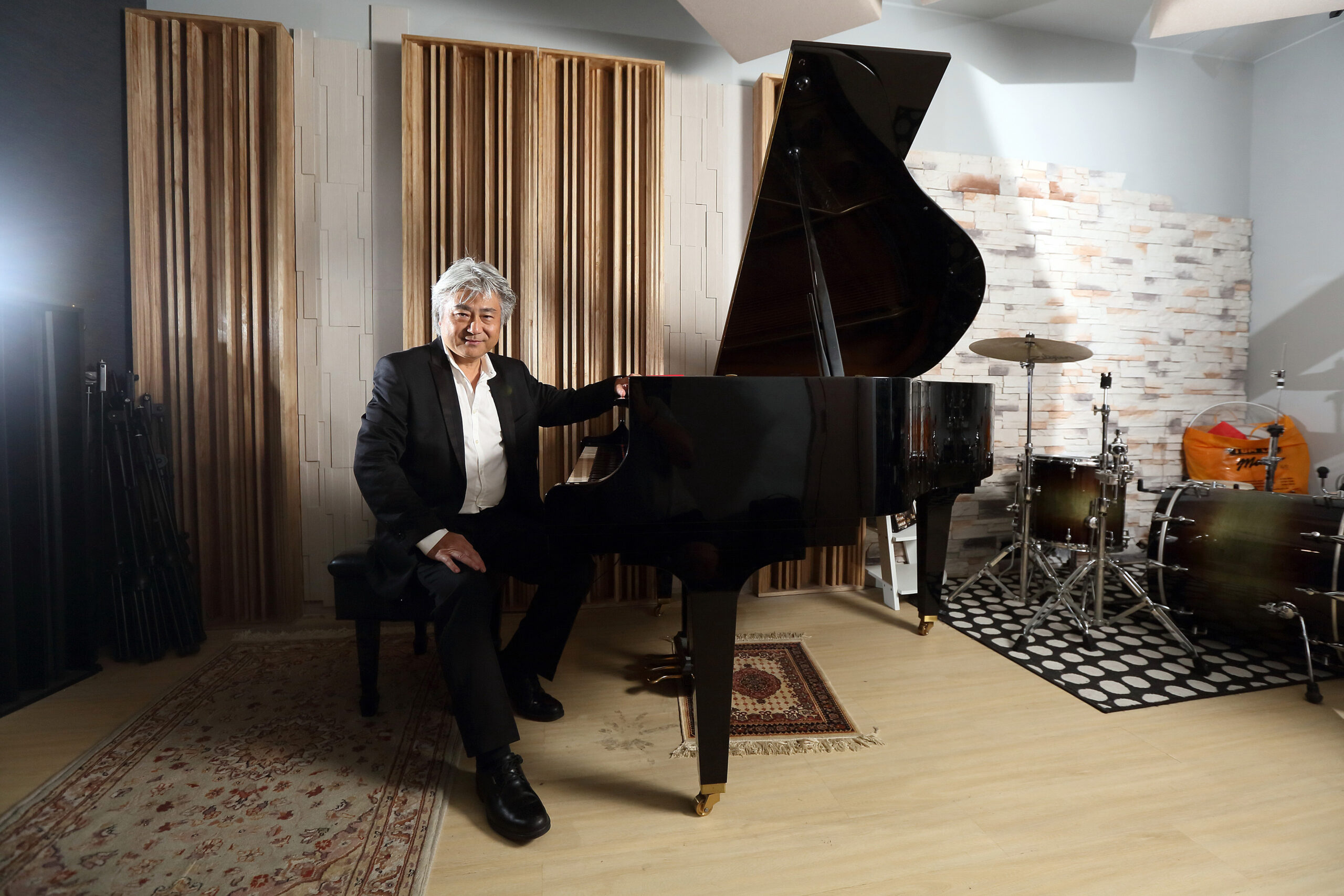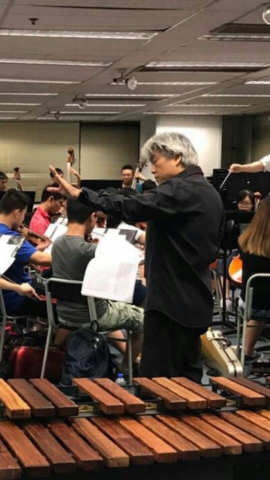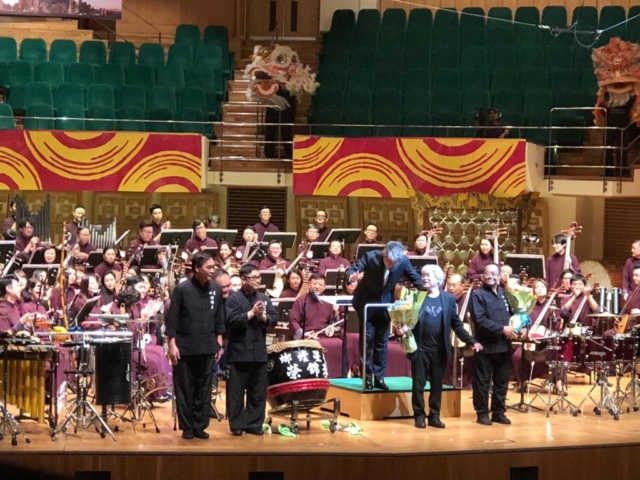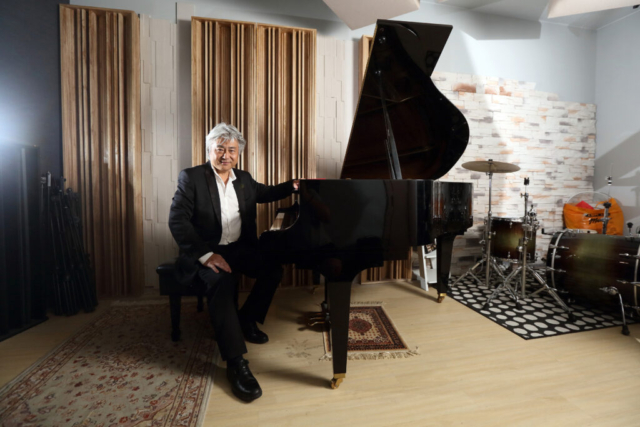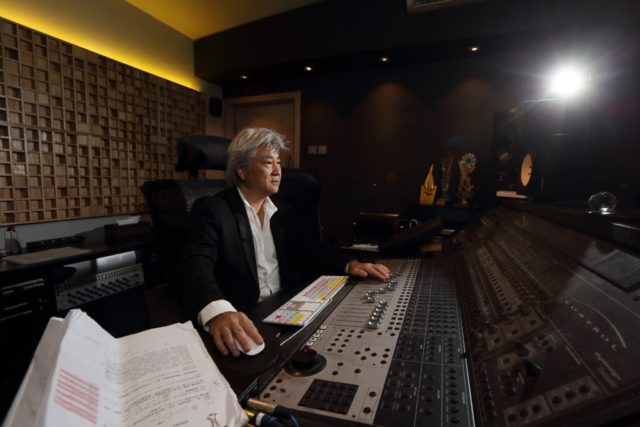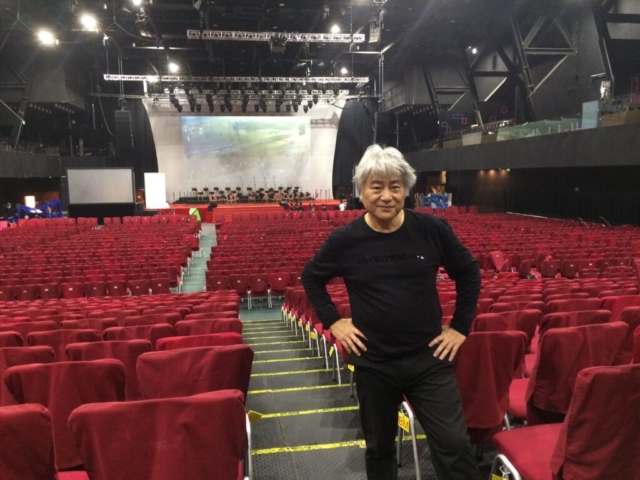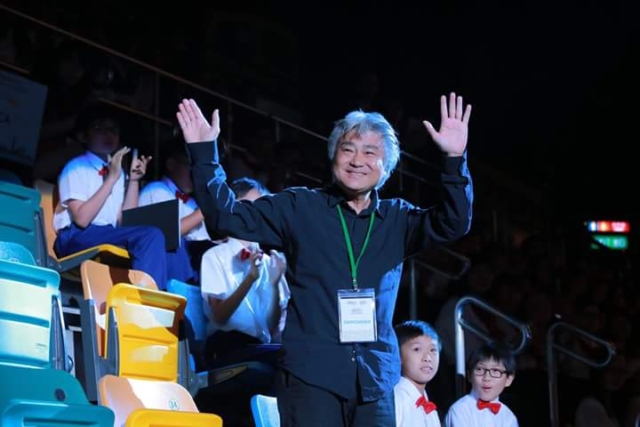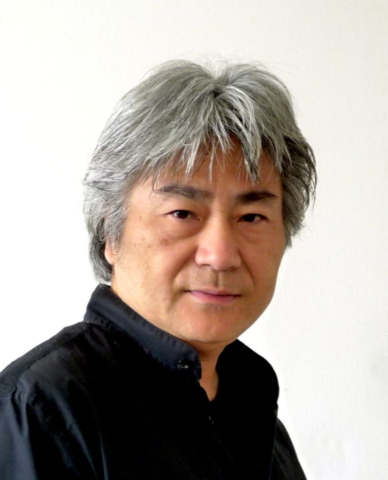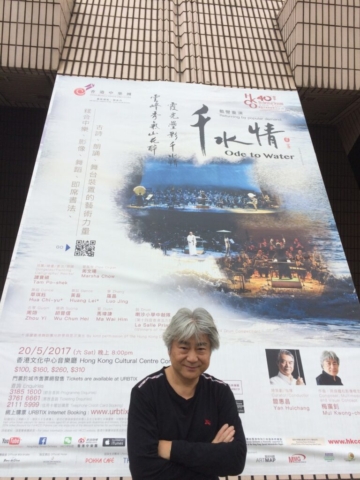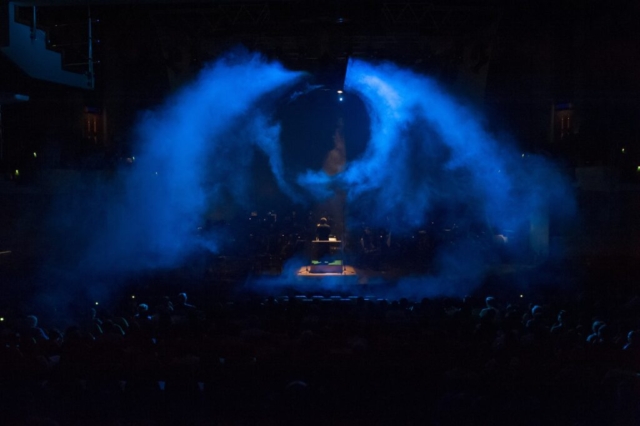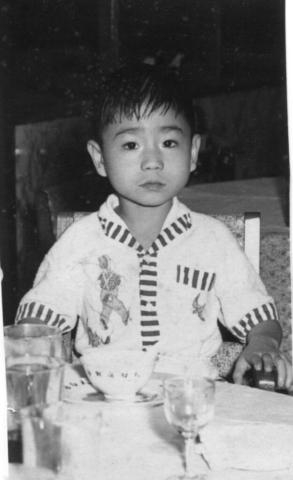14-09-19
It was said that madness is genius since he prefers to be absolutely wild than bored. Always try to change things in the seed, that is genius. Fortunately, the difference between wild stupidity and genius is that genius cleverly knows his limits.
Dr Mui Kwong Chiu is a genius and has been wild in 2 ways. He has been working and flying around the globe crazily, leaving no surplus energy for his own life. His energy is full of diversity, and diversity requires his extensive as well as expansive commitments to all areas of music. After obtaining his PhD and other degrees from Hong Kong Baptist University and The University of Hong Kong, his career was stretched to the new dimensions by acquiring fascinating experience such as pop music, media art concert, choir and film music, apart from his western and oriental classical expertise. Dr Mui received numerous awards and is the Chairman of Hong Kong Composer’s Guild.
Music masters like Dr Mui are always passionate, positive and devoted. They never decide to do nothing just because of age and time. Even when they can only do little, they will do whatever they can. Hong Kong is an achievement of the many little things that were done and made possible by these great men.
The local music of the moment is not what it once was in the 1980s and 1990s. Are our pop music declining in quality? Is our ‘Cantopop’ (another term for Hong Kong pop music) market near the end? On the other side, it is interesting to note that classical, fine, indie and underground music in Hong Kong are at present bubbling silently and a lot of them become cross border activities. Having been to a number of indie concerts in Taiwan and nearby Mainland cities, I do think it is a new direction for Hong Kong that is worth exploring if our music does not want to face terminal illness.
Dr Mui said to me, “Music is beautiful but it is a slow and long road. Music people must have patience, commitment and determination. We must use and create music to build a better new world in which things can happen differently.”
I asked Dr Mui, “Other maestros are somehow connected with the Chinese Mainland or Western countries. You are 100% Hong Kong: born in, educated and working in Hong Kong all along. What is your vision about the music development in Hong Kong?” He answered, “Education! Every thing starts off with education. Education is the most powerful weapon which you can use to solve a problem and change the world. In Hong Kong, deficiency in music professional education or lack of the earliest foundation for it are the biggest problem. As we do not have the childhood learning with an aim of training up kids to become music professionals, I can see the potential of many talents here, as a result, cannot later develop to the highest level.”
I pursued the topic, “How?” Dr Mui replied with a humble heart, “I, alone, may not be able to make it happen. I hope someone will work with me to make my 4 dreams come true. Foundation education is the passport to the future. If a music professional learns and prepares for a career like music not at a very early stage, he will not be competitive. I wish all students at the primary school levels could be asked to learn a musical instrument. It can be fun and a very simple one.”
“I pray for a well founded jazz school for the music professionals in Hong Kong. Hong Kong music people are strong at pop and indie music. Playing jazz can bridge the gap between fine and pop music. Playing jazz or the professional education of jazz will empower a music composer to have several qualities: creative skill and instinct, confidence, experience, imagination and a positive attitude. It is also good fun and should be liked by the young. The school can set up a sub-division on pop music discipline and pop arrangements too.”
“Thirdly, I would dream of a Mentorship Program for the junior professionals. A good mentor is personal. He can inspire a young but frustrated mentee to develop hope, courage, greater imagination and determination to become the best music professional. We all need a handholding companion in our journey through career.”
“The last of my 4 dreams is about Chinese music. For the same reasons as above, we do need a music institute or a program, not as a branch of the tertiary education, but as a free-handed independent professional institutional centre to train up Chinese music experts particularly on 4 fundamental instruments: blow instruments (吹) such as flute(笛子), plucked string instruments(彈) such as dulcimer(揚琴), bowed string instruments(拉) such as erhu(二胡) and struck instruments(打) such as drum(鼓). Hong Kong does not have enough local experts in these 4 areas.”
In life, one dream is already a luxury. Dr Mui is wild enough to have 4 dreams. But, why not? It is these unfulfilled dreams that keep people like Dr Mui and myself alive and energetic. Do you dream?
This article can also be found at the following sites:




